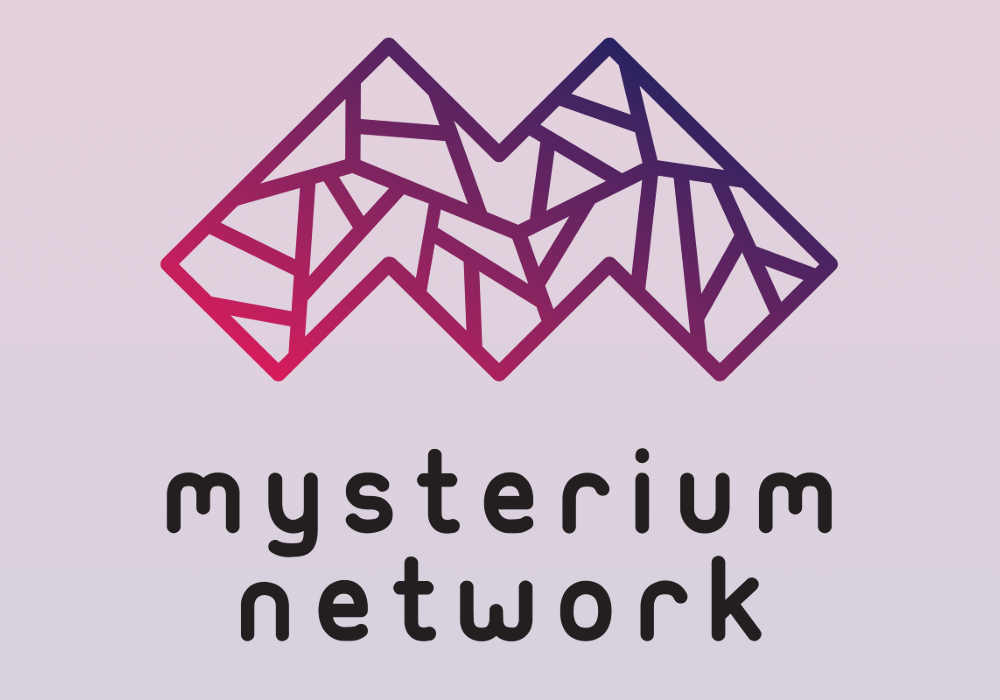The Mysterium network is a blockchain based VPN, the platform will provide a secure and decentralized way to secure and encrypt one’s traffic. The network will reward users in MYST tokens, in exchange for contributing unused bandwidth. MYST is the network’s native token which is both issued as a reward and can be used to utilize the VPN service.
The VPN market is predicted to rise to over $100 billion by 2022, that is a huge opportunity ripe for disruption. The current VPN market is dominated by traditional third party services. Users who use those VPNs must instill trust in the VPN provider to keep their information safe and secure. Unfortunately, there is no way for users to verify that the VPNs do not keep logs and don’t sell the information to advertising agencies.
With a decentralized open source VPN, users will finally have the peace of mind knowing that their connection is truly secure from prying eyes. Furthermore, the open source nature of decentralized software allows users to vet the code for any backdoors or any other unwanted anomalies.
That is where the Mysterium network comes in, as it is both fully decentralized, and open source. The beta has gone live and instructions on how to set up and run a node can be found on the mysterium website.
Participants to the beta network will earn the first $MYST tokens in reward for contributing their spare bandwidth, in a process that can be described as a a form of “soft mining”. Bandwidth helps keep the distributed network of nodes running, and boosts the Mysterium VPN platform. In return, the payment system automatically returns $MYST payments to the operators in proportion to their contributions. Monetizing the give and take of services is all managed through CORE – Mysterium’s decentralised payments system.
The team behind the Mysterium project includes seven professionals from the IT and Finance world. The three developers behind the distributed VPN have worked on both Bitcoin and decentralized projects before. Paulius Mozuras for example, worked on DaoWorks – a decentralized tool handling Compensation for Work. The team also includes Matt Green – who is a researcher responsible for settling all the possible legal issues that node operators or users might face.
If you are interested in contributing or finding out more about the project, visit Mysterium’s github repository and make sure to join the discussion on slack. Token creation starts on May 30th, so if you are interested in acquiring some MYST, make sure to familiarize yourself with the software.
If you liked this article follow us on Twitter @themerklenews and make sure to subscribe to our newsletter to receive the latest bitcoin and altcoin price analysis and the latest cryptocurrency news.

